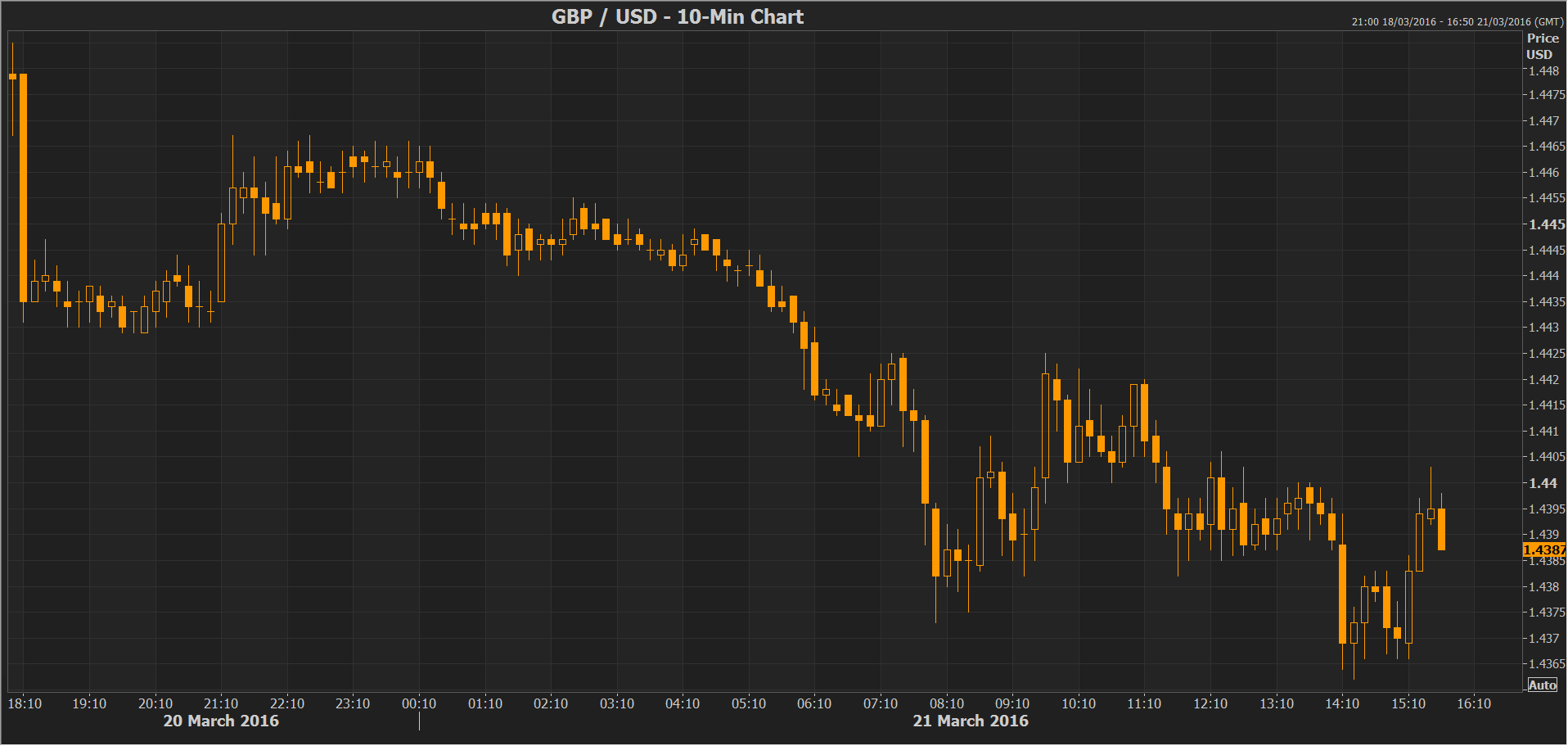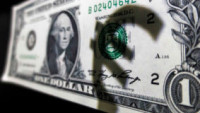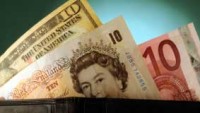
It was a quiet start to the week with European equities slightly down from Friday’s close. The dollar was broadly higher but off earlier peaks. Both the dollar and the euro found support from remarks by ECB and Fed officials.
The ECB’s Francois Villeroy de Galhau said at a Bank of France conference on Monday that the ECB does not have more unconventional measures on the agenda at this point, indicating the central bank is likely to adopt a wait-and-see mode for the time being. The comments helped the euro climb to an intra-day high of 1.1284 dollars but it later eased to around 1.1258 dollars.
A smaller-than-expected current account surplus for the Eurozone in January made no impact on the single currency. In other Eurozone data, the flash consumer confidence index from the European Commission worsened in March to -9.7 versus -8.8 the prior month and expectations of -8.3.
Speaking at the same conference in Paris, Richmond Fed President Jeffrey Lacker sounded more hawkish than the Fed’s last meeting statement. Lacker, who is not a voting member of the FOMC this year, said inflation expectations in the US remain well-anchored and that inflation is likely to rise towards the Fed’s 2% target. The dollar advanced to 111.70 yen in mid-European session but came under pressure following weaker-than-expected existing home sales figures. US existing home sales in February declined to 5.08 million from 5.47 million to give a monthly drop of 7.1%. Consensus estimates were for a much milder decline of 2.8%.
The yen pulled back from earlier highs during Asian trading as a rise in oil prices lifted risk sentiment during the European session. The euro briefly topped 126 yen before settling at 125.75 yen, while the pound firmed to 160.67 yen.
Sterling remained under pressure from the news over the weekend that a pro-Brexit minister, Iain Duncan Smith, had resigned from the cabinet, adding to the uncertainty surrounding the outcome of Britain’s EU referendum in June. The pound slipped 0.6% to 1.4384 dollars in late European session, down from Friday’s high above 1.45 dollars. The euro was also stronger and last stood at 0.7824 pounds. The British currency ignored earlier survey data from the CBI that showed manufacturing orders improved slightly in March.
US oil futures had a see-saw session on Monday as they started the day on a downtrend to reach a low of $40.40 a barrel before reversing course to climb to $41.78. Prices were given a boost from Chinese data showing a 24.4% annual increase in crude oil imports to China in February. However, the commodity saw a fresh sell-off in late European session and prices briefly dropped below $41 a barrel.
Looking ahead to tomorrow, all eyes will be on the Eurozone flash PMIs and the German Ifo business surveys for March, as well as the latest inflation figures for the UK.













